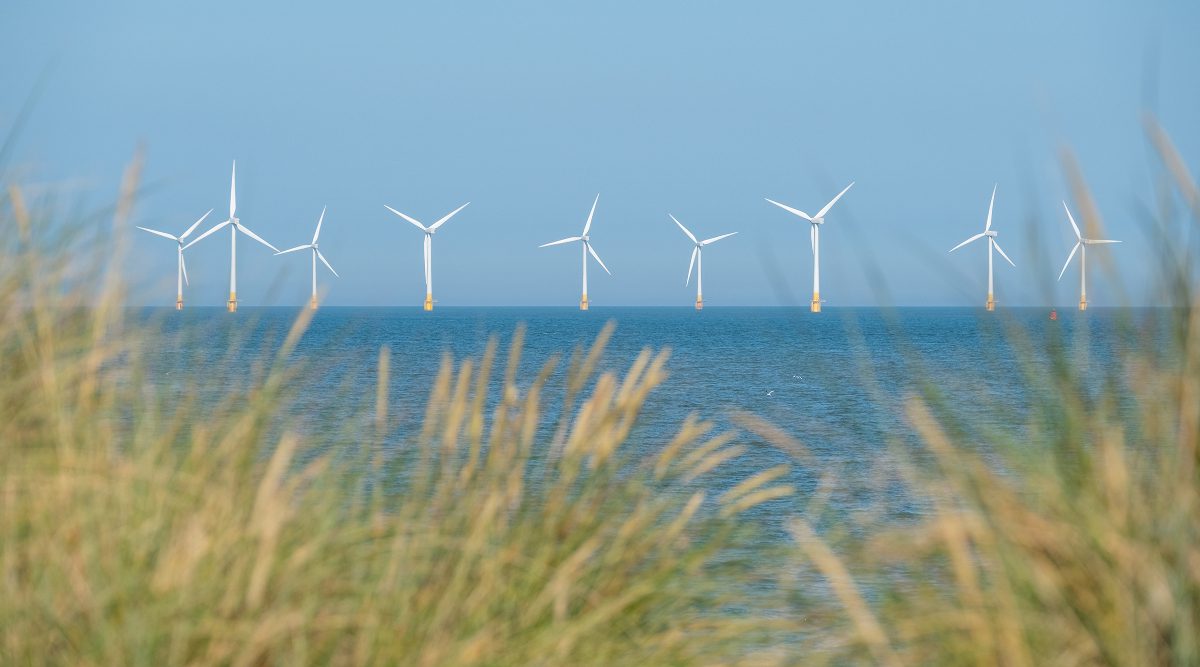
Swedish wind farm developer Vattenfall’s 20 July decision to cancel work on the 1.4GW Norfolk Boreas site appears to be a significant blow for UK wind power, and the country’s net zero plans generally.
The investment decision has been attributed to costs on the project rising by up to 40%, seemingly due to inflation and higher capital costs – which have affected the energy sector generally – in addition to the geopolitical situation, to which offshore wind and its supply chain are especially exposed.
Vattenfall chief executive Anna Borg, quoted in the Financial Times, said “it simply doesn’t make sense to continue this project.”
A lack of political incentives also appeared to be implicated in the move, with a statement from the firm mentioning that ”financial frameworks have not adapted to reflect the current market conditions.”
In February, wind farm developers urged governments to respond to the pressures facing the sector, with additional subsidies or tax breaks, including Ørsted, the world’s largest offshore wind developer.
Norfolk Boreas was the planned first phase of the Norfolk Offshore Wind Zone which secured a Contract for Difference in July 2022, guaranteeing inflation-linked prices from £37.35 per MW/hour.
The cancellation of one of the country’s biggest planned offshore wind installations is a setback for the government’s plan to increase capacity from 14 GW to 50 GW by 2030.
Many businesses in the renewable energy sector seemed to feel the government should simply respond with appropriate measures to help firms address the rising costs and supply chain vulnerabilities.
Scottish Renewables chief executive Claire Mack said the announcement was “a major wake up call for the UK Government who are failing to take account of the increased cost pressures and economic challenges facing offshore wind developers.”
“If projects in England are pausing development because they are not commercially viable then the projects that we have here in Scotland, which are more expensive to operate than those elsewhere in the country, are under threat and are clearly even more vulnerable to these cost pressures.
“ScotWind is set to play a major role in the UK hitting its net-zero ambitions and is an opportunity to deliver an offshore wind industry that will support thousands of jobs but if developers delay, pause or pull out of investment decisions completely it means consumers will face higher bills for longer and developers’ ability to invest in local supply chains will be undermined.
“The UK Government needs to urgently review its investment framework for offshore wind and recognise the heavier costs on projects here in Scotland or they face losing this once in a lifetime opportunity to enable the best projects to achieve their net zero and industrial growth ambitions.”







